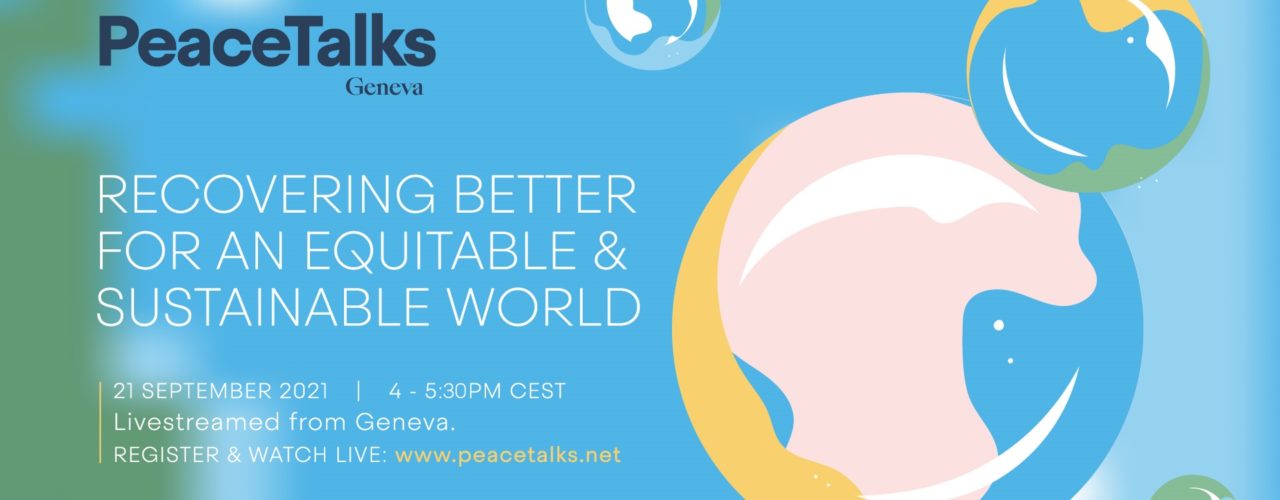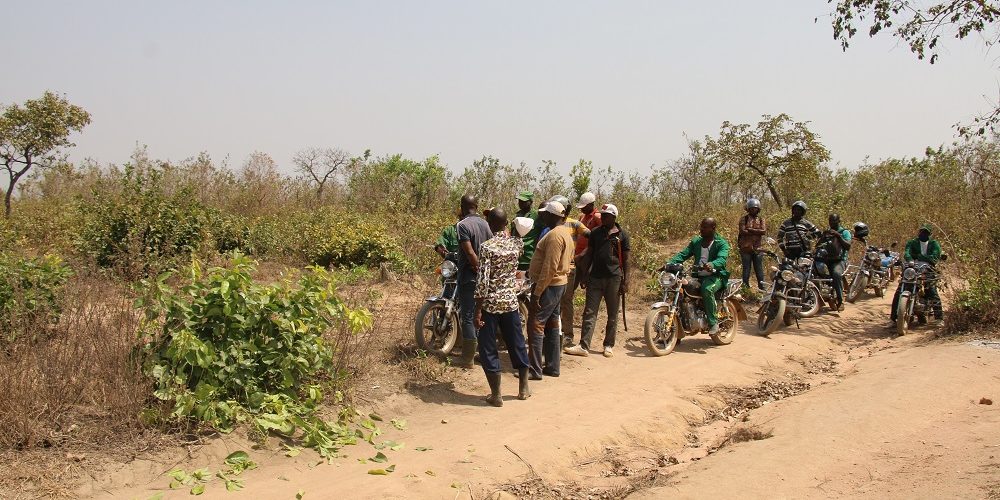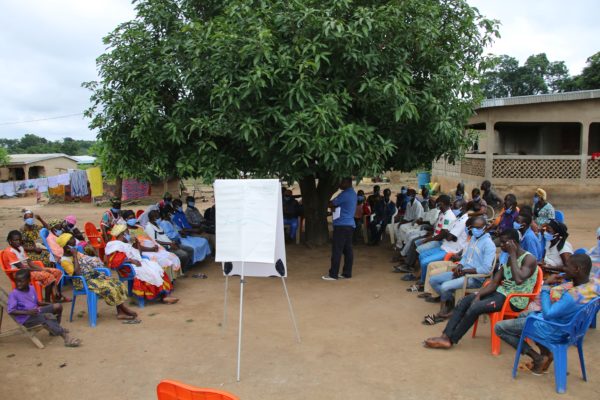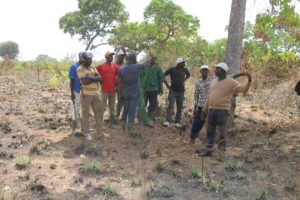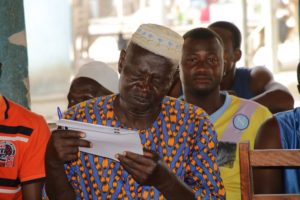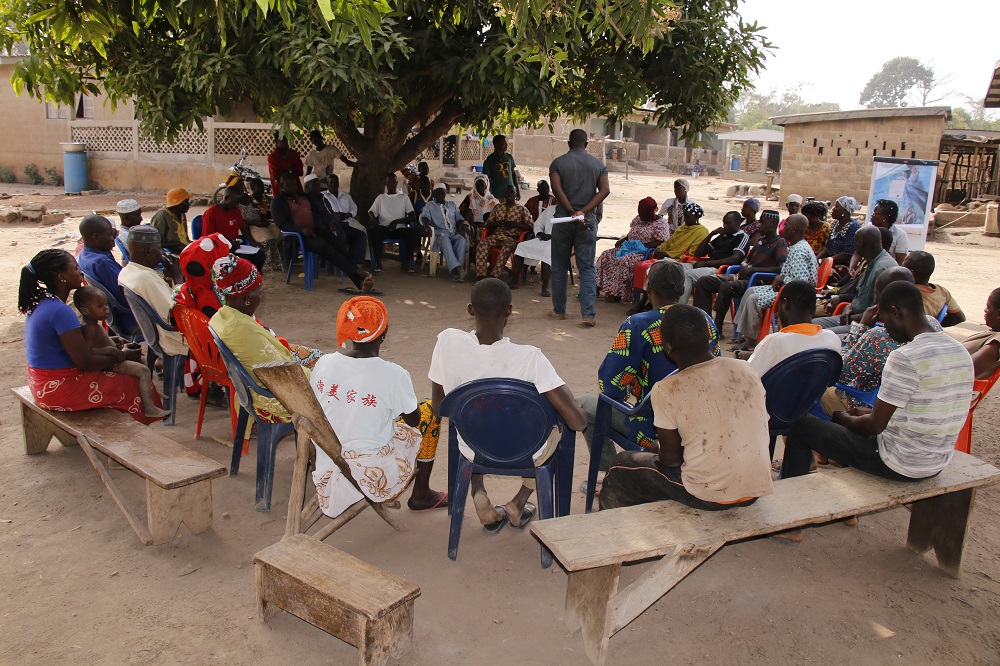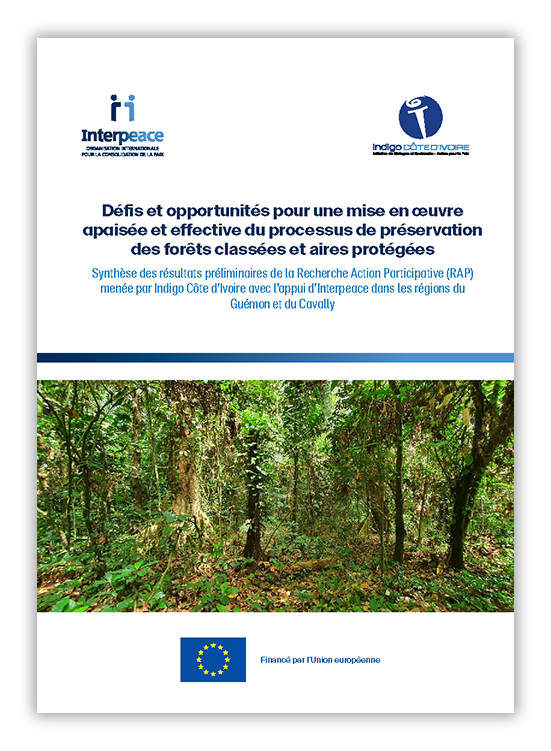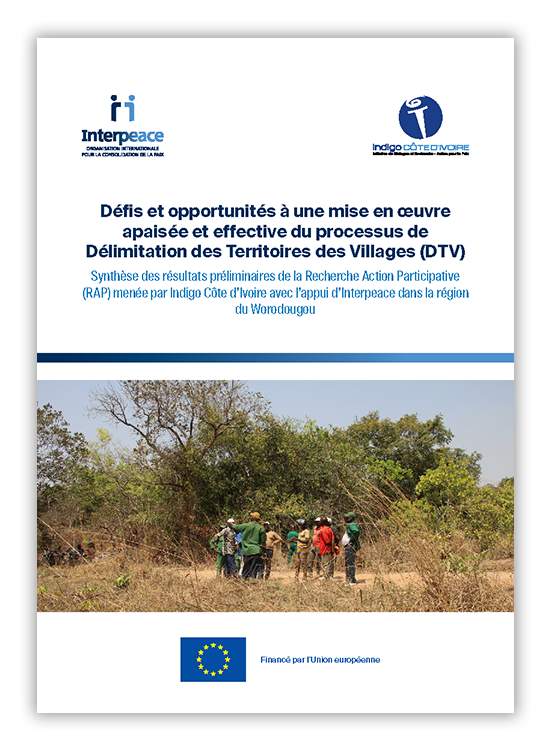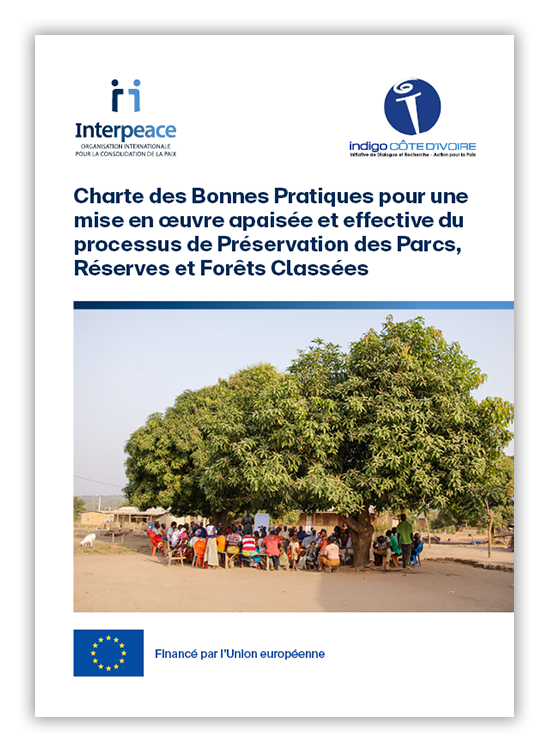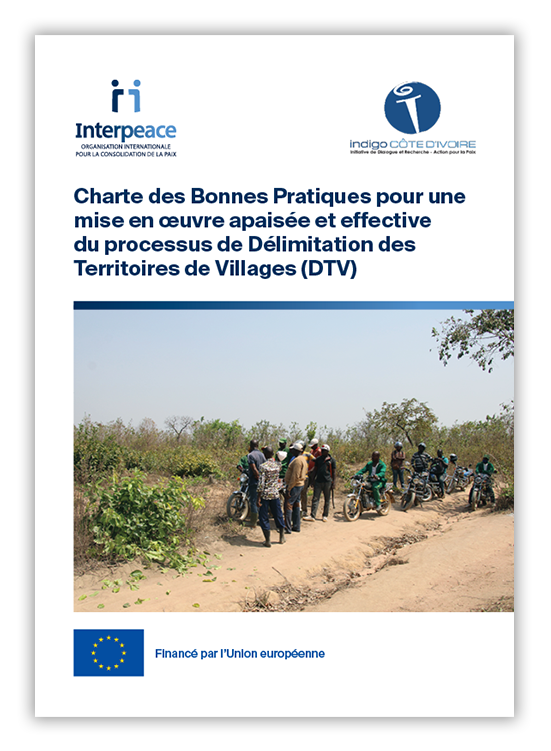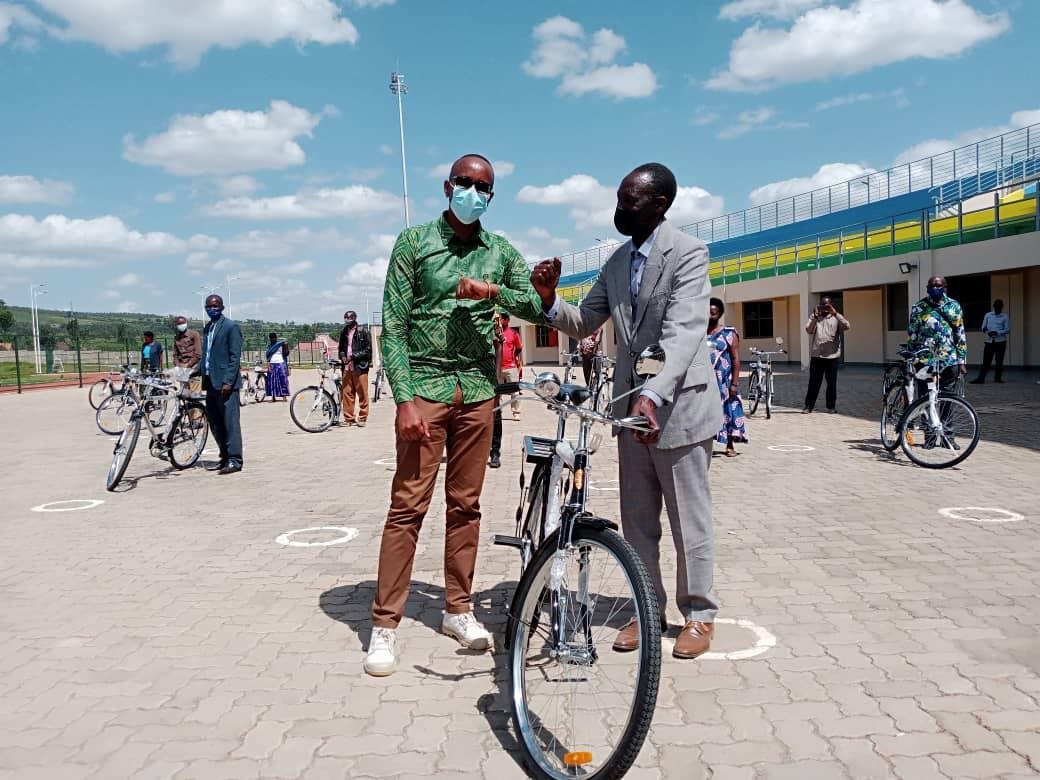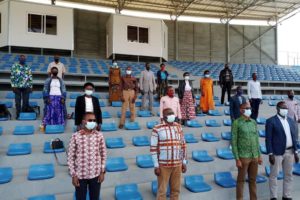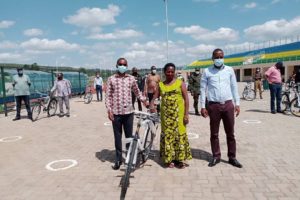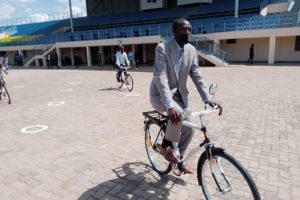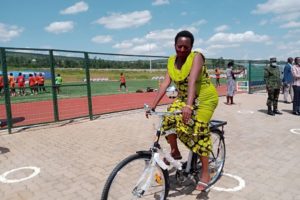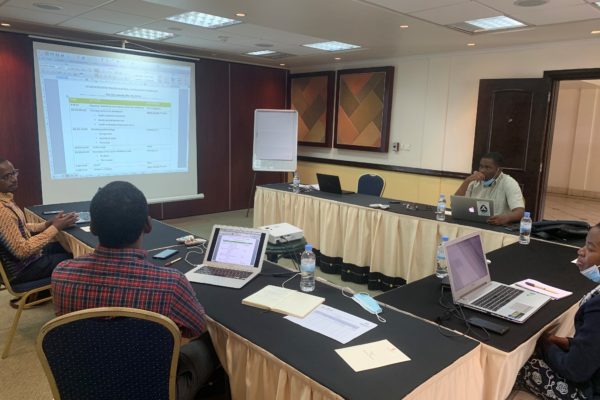Young voices from NI, Libya and Somalia will honour Pat Hume’s legacy
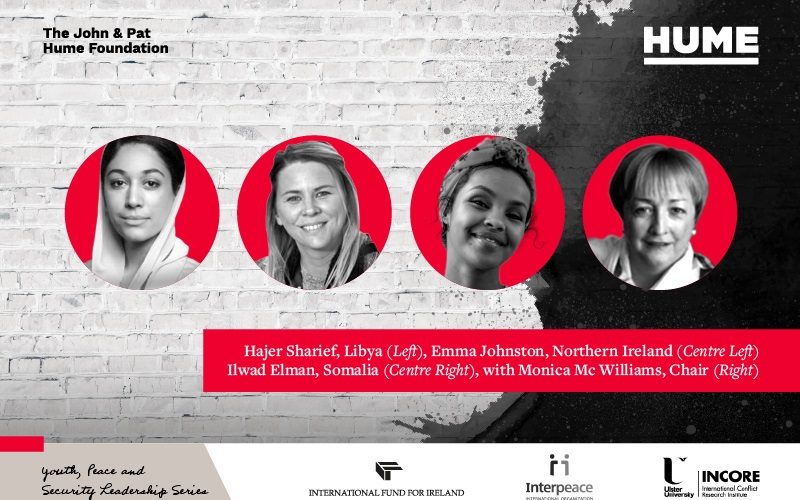
On Friday 1 October 2021, Monica Mc Williams who is Emeritus Professor at Ulster University, Board member of the John and Pat Hume Foundation and former Chairperson of Interpeace, will chair Fire in the Belly
Fire in the Belly will feature lessons from young women peacebuilders from Somalia, Libya and Northern Ireland on inspiring leaders for peaceful change.
It takes place online on Friday 1 October 2021 at 3:30pm and is free of charge and everyone with an interest is welcome to join. Pat Hume who was recently described by Monica Mc Williams ‘as the woman who never gave up’ is the inspiration behind Fire in the Belly, the third event planned in the Youth, Peace and Security Leadership Seminar Series.
The seminar series is a partnership between Ulster University (INCORE & TJI), The John and Pat Hume Foundation, John Hume and Thomas P. O’Neill Chair in Peace, International Fund for Ireland (IFI), and Interpeace.
Tim Attwood, Secretary of the John & Pat Hume Foundation, said:
“It is important to acknowledge and highlight the positive work of young women and men working on peace at home and globally. The late Pat Hume had to scale so many obstacles working for peaceful change during times of great personal and political risk. She was described as ‘the woman who never gave up’. We must inspire a new leadership of young people in peacebuilding who will also never give up.”
Speaking about the importance of this series, Graeme Simpson, the Senior Representative (NY) & Peacebuilding Adviser at Interpeace, said:
"The global Youth, Peace and Security (YPS) agenda has recognized that instead of treating young people as a threat, it is imperative to invest in the resilience, resourcefulness, and innovation of young peacebuilders. Interpeace believes that little is more important in amplifying the voices of young peacebuilders themselves, than the powerful leadership of young women, connecting with each other across the globe."
Ahead of the event on Friday, Hajer Sharief, the Libyan peace and human rights activist, said:
"Peace should be treated as a "public good" of which everyone has the right to build, shape and make. Therefore, the inclusion of women and youth in peace processes is not a matter of ticking a box, it’s a matter of providing people with the opportunity to practice their right to shape their own lives and societies".
Emma Johnston of Youth Action Northern Ireland and UU Alumni, said:
“The Youth, Peace and Security Seminar Series frames critical conversations which enable global youth leaders to pool our resources and work collectively with young women to breathe positive energy into their lives. Young women need role models; women who they can up look to. I am looking forward to coming together to ignite that important fire in the belly.”
Paddy Harte, Chairman of the International Fund for Ireland, said:
“Fire in the Belly is an excellent opportunity for a wider audience to understand the influential role that women play within peace building. The Youth, Peace and Security Series complements the IFI’s ethos and also enhances our partnerships with other organisations. Engaging young people to offer them the best opportunities in life so they can develop, grow and give back to their own communities is a core focus of our work.”
Professor Brandon Hamber, John Hume and Thomas P. O’Neill Chair in Peace at Ulster University, said
“A core focus of the John Hume and Thomas P. O'Neill Chair in peace is to support the next generation of peacebuilders. I can think of no better way to do this than exchange practical lessons between young women peacebuilders form around the globe. They have much to share and teach all of us.”
Notes to Editor
Fire in the Belly is open to everyone with an interest and free to join.
This is the third seminar in the new Youth, Peace and Security Leadership Seminar Series explores the positive contribution of youth to peace. Every 6-8 weeks, a free online platform is created for young leaders to share their experience from around the world.
It takes place Friday 1 October 2021 at 3:30pm – 5pm. For further information and to be directed to Eventbrite for booking, visit:
Speakers
- Monica McWilliams is Emeritus Professor of Women’s Studies at the Transitional Justice Institute at Ulster University, Board member of the John and Pat Hume Foundation and a former Chairperson of Interpeace. She will Chair the session.
- Hajer Sharief is a Libyan peace and human rights activist. She co-leads the work of the Together We Build It (TWBI) organization in Libya.
- Ilwad Elman is a young female leader at the forefront of the Somali peace process. She co-founded the Elman Peace Centre and is an Advocate for the Kofi Annan Foundation.
- Emma Johnston is a youth worker in NI, working with Youth Action Northern Ireland. She is a representative on Northern Ireland Women’s European Platform, the UK Joint Committee for women and the Irish NAP For Women Peace and Security.
Speaker biographies:
Monica McWilliams
Monica McWilliams is a signatory to the Good Friday Agreement and was involved as a lead negotiator in the multi-party talks leading to the agreement in 1998 on behalf of the Women's Coalition which she co-founded two years earli She is Emeritus Professor of Women’s Studies at the Transitional Justice Institute at Ulster University and former Chief Commissioner of the Northern Ireland Human Rights Commission. She was an elected member of the Northern Ireland Legislative Assembly from 1998-2003 and currently serves on the Independent Reporting Commission, overseeing measures on the disbandment of paramilitary organisations in Northern Ireland.Monica is a former Chairperson of Interpeace, Board member of The John & Pat Hume Foundation and author of a range of publications on domestic violence, human security and the role of women in peace processes. Her memoir Stand Up, Speak Out will be published by Blackstaff in October 2021.
Hajer Sharief
Hajer Sharief is a Libyan peace and human rights activist. She co-leads the work of the Together We Build It (TWBI) organization in Libya focusing on women and youth peace and security. She is a member of the Extremely Together young leaders, an initiative by Kofi Annan and the Kofi Annan Foundation. In 2020, Forbes named Sharief as one of Africa's Most 50 Powerful Women. And she was listed by Avanec media among the 100 Most Influential African Women for 2020. In 2017, Hajer Sharief was awarded the Student Peace Prize from Isfit.
Ilwad Elman
Ilwad Elman is a young female leader at the forefront of the Somali peace process, and a global authority on peace and security. After the assassination of her father, a prominent Somali peace activist, Ilwad and her family became refugees, eventually finding asylum in Canada. Aged 19, she felt the responsibility to return with her mother to a Somalia still steeped in violent conflict, where they founded the Elman Peace Centre. At just 20, she co-founded Somalia’s first rape crisis center. Since, Ilwad has become a champion of building peace through giving all those impacted by conflict — particularly women and girls — a seat at the table. Beyond her duties at the Elman Peace Centre; Ilwad is an advocate for the Kofi Annan Foundation and was a mentee of His excellency, the late Kofi Annan for three years. Through the Elman Peace Centre, Ilwad has created a methodology for community-based peace building in contexts of ongoing conflict that is now being exported to conflicts across Africa.It has led to her becoming a UN expert advisor on Peace & Security to two UN Secretary Generals and two year stint as the youngest ever board member of the UN Peace Building Fund, advising the UN Secretary General directly on fragile and conflict affected states globally.
Emma Johnston
Emma has been involved in youth work from a young age and participates in a range of youth activities and programmes in her local community. A worker within the Equality work with young women’s team of YouthAction Northern Ireland, Emma is committed and passionate about challenging the systems which continue to limit young women’s opportunities. Emma is a representative of young women’s voices on Northern Ireland Women’s European Platform and the UK Joint Committee for women with a seat on the European Women’s Lobby attending conferences at national and international level. She sits on the Irish NAP for Women Peace and Security. She was a member of the Foyle Pride Committee for four years organising a week of pride activities in Derry and LGBT Awareness week. Emma is a graduate from Ulster University at Magee in Derry where she undertook a Bsc Honours in Community Youth Work.
